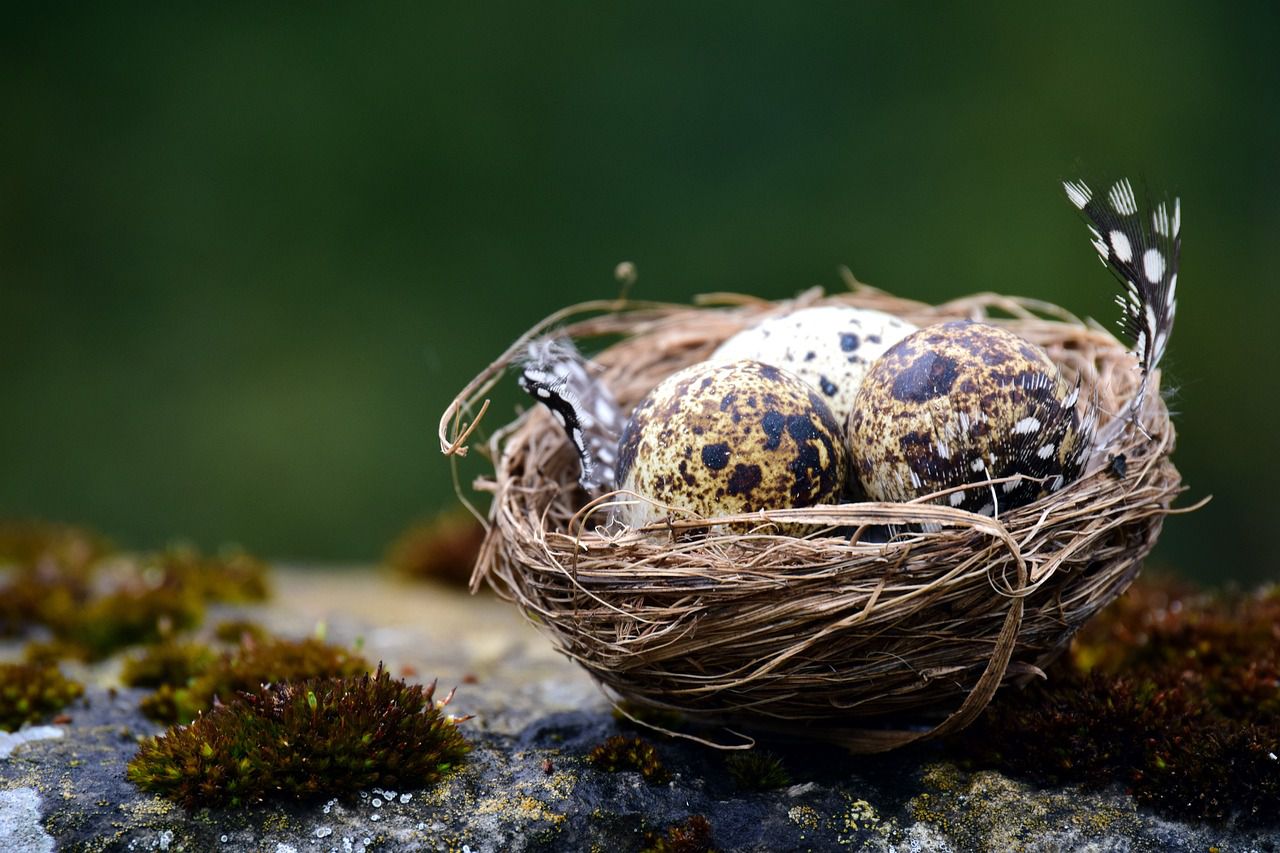Not all birds create nests because different bird species have evolved various strategies for reproduction and raising their young, and nest-building is just one of these strategies.
The decision of whether or not to build nests is influenced by several factors.
Let's find out more about them.

Nesting habits
Some bird species have adapted to nest on the ground, in tree cavities, or in other birds' abandoned nests rather than constructing their own.
These birds, such as certain shorebirds, ducks, and owls, rely on natural shelter or the nesting efforts of other birds.
Seasonal breeding
Some birds only breed during certain seasons and may not require elaborate nests.
For example, migratory birds might lay their eggs on cliffs or open ground during their short breeding season, relying on camouflage or other defenses to protect their eggs and chicks.
Colonial nesting
Many bird species, such as certain seabirds and wading birds, prefer to nest in large colonies.
In these cases, individual birds may not construct their own nests, but instead lay their eggs on bare ground or cliffs within the colony.
Nest parasitism
Some bird species, like the cuckoos, are brood parasites.
They lay their eggs in the nests of other bird species, leaving the host birds to incubate and raise their chicks.
Burrowing birds
Some species, like burrowing owls, kingfishers, and bee-eaters, construct their nests in burrows dug into the ground or in natural cavities like tree hollows.












